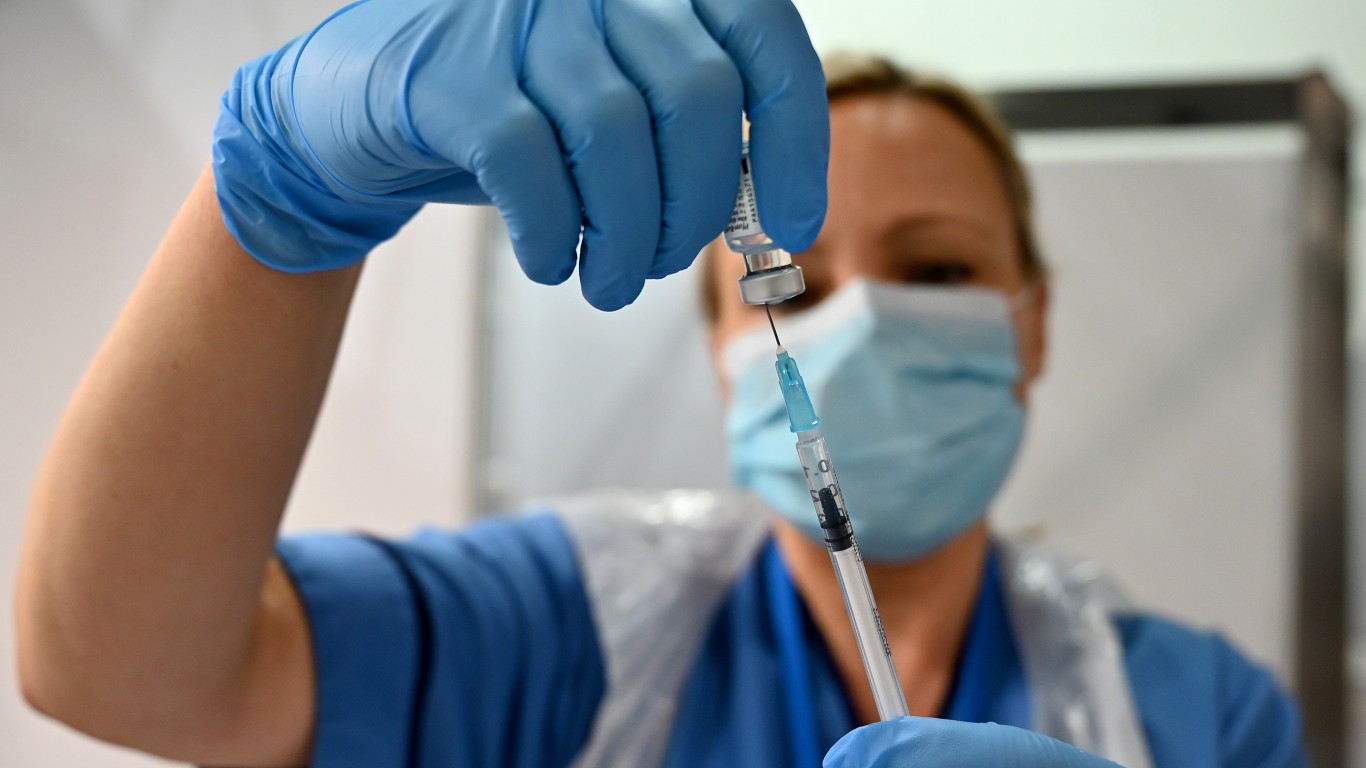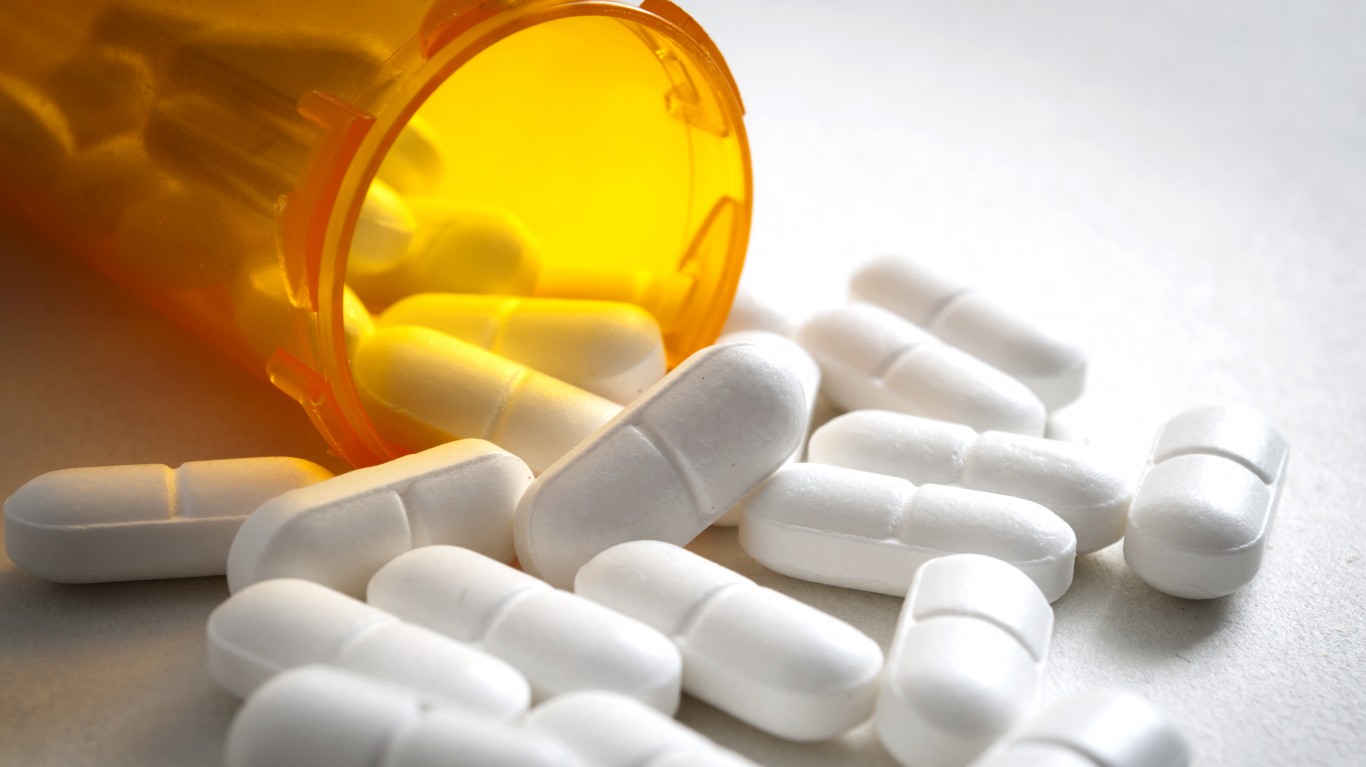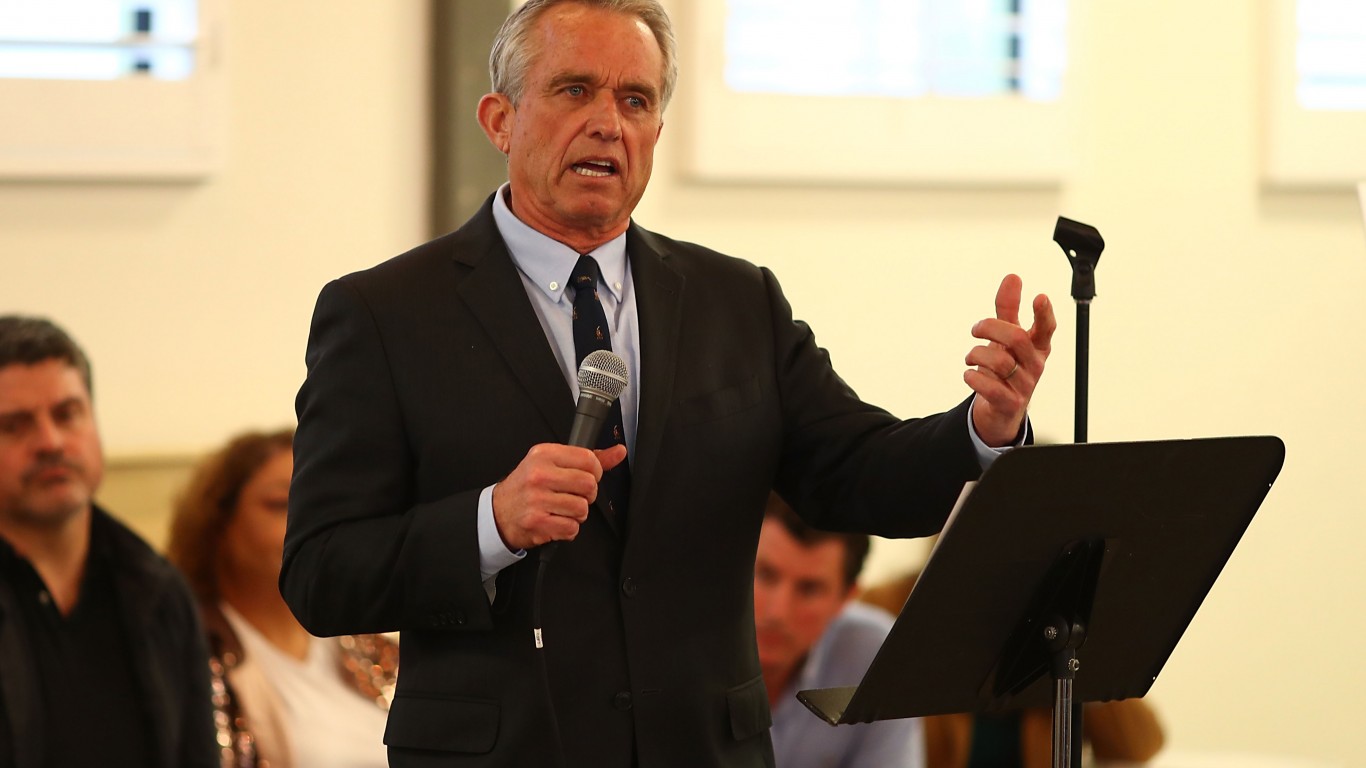Investing
Opinion: Pfizer (PFE) Stock Will Hit $22 Before It Hits $33 During Trump's Presidency

Published:

Donald Trump’s electoral victory has shaken the market, mostly in a good way. The S&P 500 gained 5% in the first two days since the election with some stocks even doubling in value.
But not all companies performed so well. Pharmaceutical stocks, for example, tumbled the day after Trump won, though they gained back some of their losses the next day.
What a Trump administration means for the industry is still unclear, but one loser may very well be drugmaker Pfizer (NYSE:PFE). Shares of the pharma giant have lost only 1% so far, but that might not be the end of it. In fact, PFE stock could see a 20% loss in value over the next four years before they see a 20% gain.

Make no mistake, Pfizer is a powerhouse, one income investors in particular like. It has a 15-year track record of raising the payout and has increased the dividend at a solid 5.5% compound annual growth rate for the past decade.
While it has a strong portfolio of marketed drugs that generated over $58 billion in sales last year, Pfizer also has a deep bench of drugs in clinical trials that could prove to be major sellers in the future.
Although it continues to deal with the fallout over the steep decline in sales of its Covid therapeutics Cominarty and Paxlovid, there remains a runway of growth ahead for the pharma stock. Its research and development pipeline should help it withstand the patent cliff it is approaching in 2028.
Still, the next four years could prove a challenge for Pfizer as it tries to navigate the chaotic pharmaceutical landscape a Trump presidency will usher in.

As part of Trump’s campaign, he brought in a diverse coalition of voices, notably including Elon Musk, but also former Democratic congresswoman and presidential candidate Tulsi Gabbard as well as Robert F. Kennedy Jr., who had also sought the Democratic nomination before launching — and then abandoning — an independent run for president.
Before dropping out and endorsing Trump, Kennedy ran on a slogan to Make America Healthy Again. It was folded into Trump’s own Make America Great Again campaign and it promises to shake up the pharmaceutical industry. Kennedy has been a sharp critic of drug manufacturers and has long been skeptical of the need for the extensive schedule of vaccines kids are currently given. He believes there is a correlation between the amount of drugs infants and toddlers are given and the rise of autism, though mainstream science and the pharma industry say there is no link.
However, during one campaign appearance Trump promised to let Kennedy “go wild on medicines.” Kennedy himself has said Trump told him he would put him in “control of the public-health agencies.” That could have a wide-ranging impact on Pfizer and the pharma industry.
Pfizer is highly dependent upon vaccines for its revenue. Even in this post-Covid period, Cominarty and Paxlovid will represent around 16% of estimated full-year revenue this year. Pfizer has a broad portfolio of other vaccines as well.
Several states have also sued the pharma for misleading the public over the safety of its Covid vaccines. Even if it is just political grandstanding, it could have an impact on Pfizer. And broader scrutiny of the Food & Drug Administration and the pharma industry could see vaccine sales weaken.
That’s why there is a greater chance Pfizer stock tests $22 per share or lower before it sees $33 a share over the next four years.
The last few years made people forget how much banks and CD’s can pay. Meanwhile, interest rates have spiked and many can afford to pay you much more, but most are keeping yields low and hoping you won’t notice.
But there is good news. To win qualified customers, some accounts are paying almost 10x the national average! That’s an incredible way to keep your money safe and earn more at the same time. Our top pick for high yield savings accounts includes other benefits as well. You can earn up to 3.80% with a Checking & Savings Account today Sign up and get up to $300 with direct deposit. No account fees. FDIC Insured.
Click here to see how much more you could be earning on your savings today. It takes just a few minutes to open an account to make your money work for you.
Thank you for reading! Have some feedback for us?
Contact the 24/7 Wall St. editorial team.